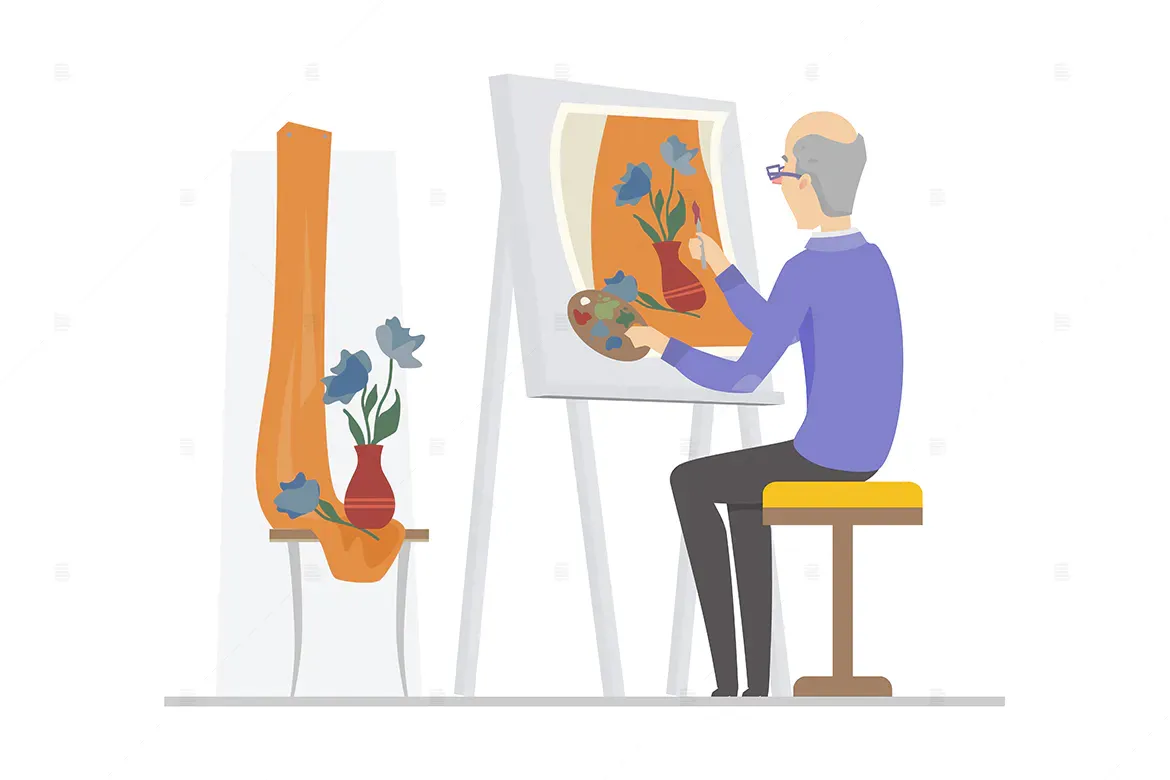The National Health Service (NHS), an emblem of British pride, has been grappling with numerous challenges, ranging from funding constraints to surging demand for its services. Among the groups most affected are the elderly. However, the landscape of care is evolving, with innovations like virtual wards offering respite. Central to this transformation is the synergy of the Internet of Things (IoT), sound analytics, and data interpretation.
Virtual Wards: Beyond Hospital Walls
Virtual wards have emerged as a beacon of hope, especially for the elderly. These systems allow senior patients to avail hospital-grade care within their homes' nurturing environment. This approach doesn't just alleviate the demand on hospital infrastructure but also promotes better mental and emotional well-being for elderly patients by keeping them in familiar surroundings.
NHS virtual wards offer a plethora of benefits for the elderly, catering to their unique healthcare needs (click to read more)
Reduced Hospital Admissions: By monitoring patients remotely, minor health issues can be addressed early on, preventing the escalation of conditions that might lead to hospitalization.
Safety and Comfort: The elderly can receive quality care from the comfort of their homes, reducing the stress and risks associated with frequent hospital visits, especially pertinent in times of contagious outbreaks.
Immediate Response: With real-time health monitoring, any concerning changes in an elderly patient's health can trigger immediate medical intervention, ensuring timely care.
Personalized Care: Virtual wards can tailor healthcare routines for each patient, accommodating their unique needs and conditions.
Enhanced Medication Management: Regular reminders and monitoring can ensure that elderly patients take their medications correctly and consistently.
Improved Mental Well-being: Staying at home, closer to family, and in familiar surroundings can bolster mental health, especially for those who may experience confusion or distress in unfamiliar settings.
Cost Efficiency: By reducing hospital admissions and utilizing digital resources, there can be a potential reduction in healthcare costs, benefiting both the NHS and patients.
Better Resource Allocation: Virtual wards allow the NHS to prioritize in-hospital care for those who need it most, ensuring optimal utilization of resources.
The IoT Revolution in Healthcare
The proliferation of IoT in healthcare has given rise to a multitude of devices that continuously monitor various health indicators. From wearable tech that tracks vitals such as heart rate and oxygen saturation to devices that can sense room temperatures, detect falls, or ensure timely medication - the IoT spectrum in health is vast.
For elderly individuals, this perpetual vigil can be a lifesaver. Consider an elderly patient with a condition like chronic obstructive pulmonary disease (COPD). Wearables can track their oxygen levels and provide timely alerts, precluding severe episodes.
Aceso Analytics presents Sound Analytics on the Edge: The Non-Intrusive and Unobtrusive Guardian
Sound analytics is a game-changer in elderly care. By analyzing ambient noises in a home, it's possible to gauge the activities and well-being of its residents without resorting to intrusive methods. A break in the routine, such as the absence of the usual morning kitchen sounds, can be indicative of a problem. This non-intrusive approach ensures privacy while still maintaining a protective watch over the elderly, making it a significant boon for virtual ward setups.
Data Interpretation: From Noise to Insights
While both IoT and sound analytics generate a wealth of data, it requires sophisticated analytics to distil actionable insights from it. Advanced algorithms can preempt health crises, allowing for timely interventions. For instance, a sudden deviation from an elderly individual's daily routine might be a precursor to a health setback. Recognizing such patterns early can lead to simple preventive measures instead of emergency hospital admissions.
Tackling the NHS Quandary
With the integration of IoT, sound analytics, and data analytics into the framework of virtual wards:
- Hospital Admissions Diminish: Continuous surveillance and prompt interventions can stave off many emergencies.
- Resource Distribution is Enhanced: Recognizing which patients need immediate care ensures more judicious use of resources.
- Economic Efficiency: Delivering care at home, especially when it prevents resource-intensive hospital stays, can be more cost-effective.
Final Thoughts
The infusion of NHS virtual wards with IoT, Aceso's sound analytics, and data interpretation represents a paradigm shift in elderly healthcare. This confluence underlines the potential of technology not just as a tool for operational efficiency but as a means to forge a more compassionate, patient-centric model of care. As we look ahead, it's clear that the nexus of healthcare is shifting — from the confines of hospitals to the comfort of our homes, steered by the innovations of tech.
